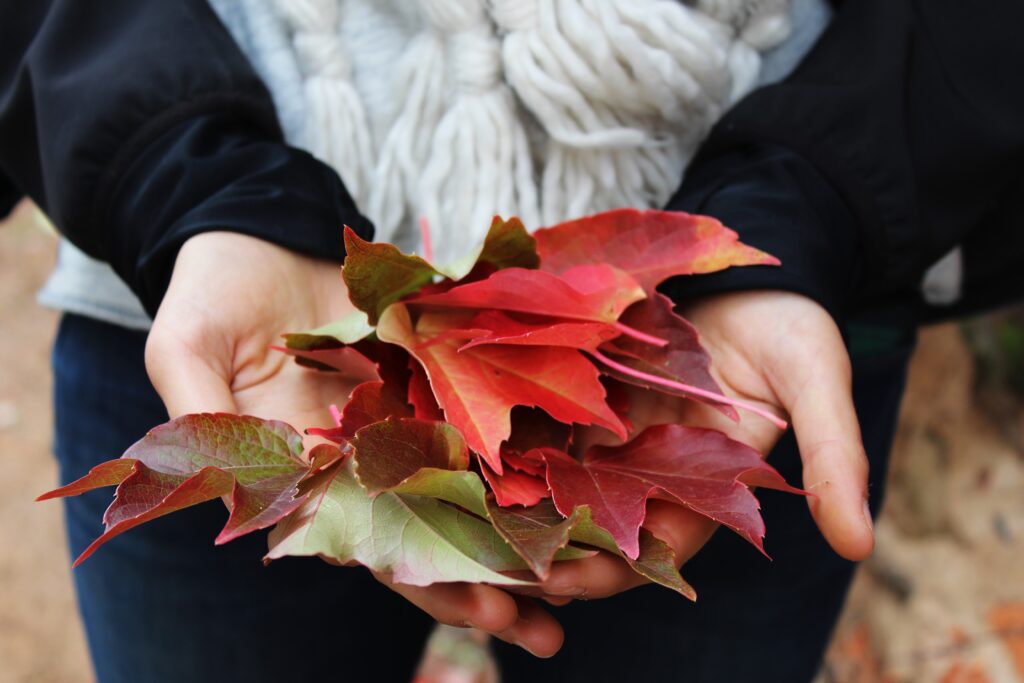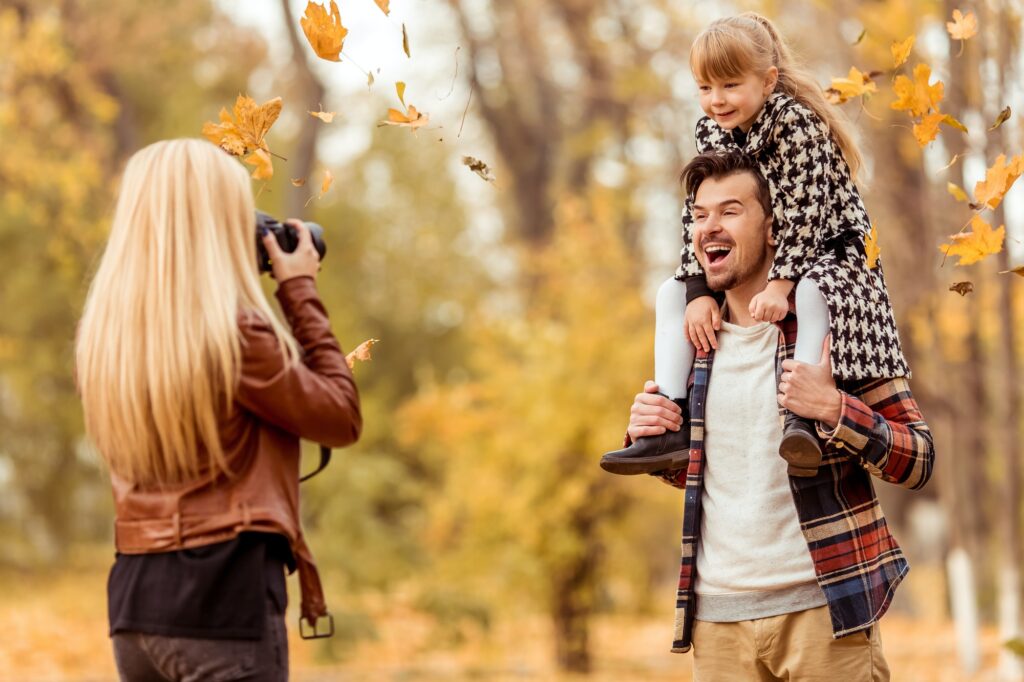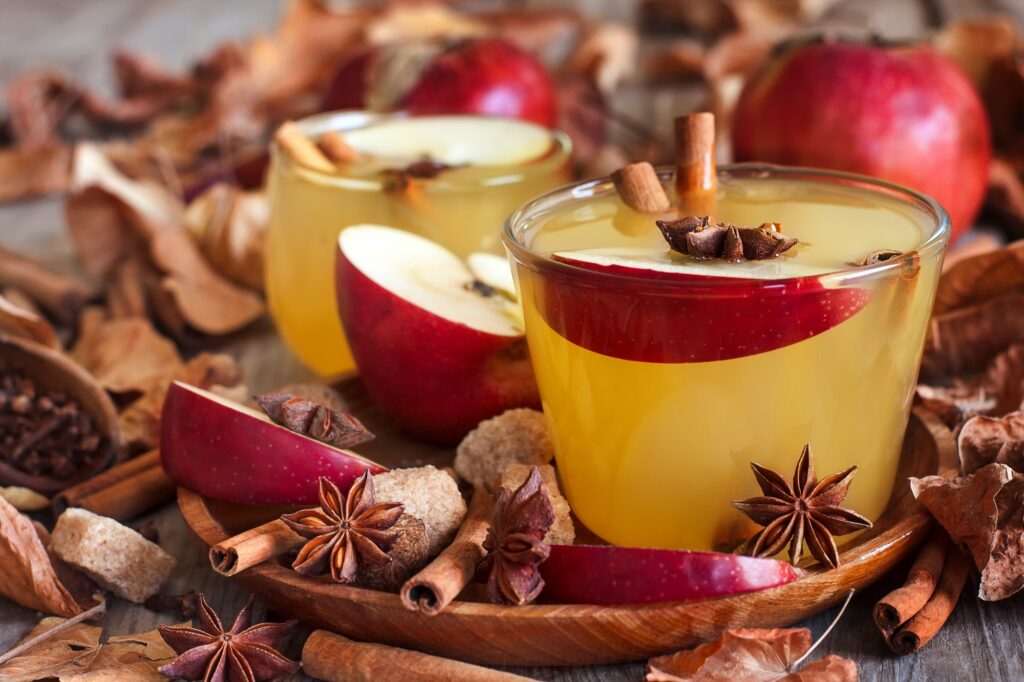The season of pumpkin spice and apple cider is upon us. The brisk fall air smells like the end of summer, falling leaves, and woodsy scents. What exactly is that familiar fall scent so many of us love?

Our sense of smell does not occur in a vacuum. It’s a confluence of chemistry, biology and psychology that triggers emotions within us, says Rachel Herz, neuroscientist to Radiolab. Essentially, what we perceive when we smell fall are the scent molecules coming from object and organisms around us, but also the context we smell them in. According to Herz, an expert on the psychological science of smell, “In summer, we have just more of a mixture of scent and sort of a wide blend of scent … we smell a lot more of everything around us. When it gets cooler and drier, specific scents tend to stand out more — we’re able to kind of pull out the scent of leaves, the scent of bark, the scent of grass in more distinct ways.”
As leaves fall from their trees and collect on the ground they begin to decay, releasing their sugars and organic compounds, giving the classic aroma of a leaf pile. It’s so much more than just a smell. The excitement of jumping in the leaves as a child comes to mind as our own personal fall memories are triggered. “The thing is, scents trigger memories that are deeply ingrained within us. The meeting of molecule and memory that happens when you smell something familiar triggers a visceral, split-second response in the amygdala and the hippocampus sections of the brain — the zones where emotional memory and associations are stored.” – Rhianna Schmunk, CBC News

Temperature plays a big role in our sense of smell. During the warmer months, when humidity is higher, more odor molecules are circulating through the air, causing everything around us to have a more intense smell. In cold air, there are fewer volatile molecules so we smell less.
This means that depending on the climate where we live and grew up, our perception of fall scents will vary.
“What you think a smell will be impacts whether you like it and what you perceive it to be,” said Alan Hirsch, a neurologist and psychiatrist in Chicago for Discovery. “So, if you go outside in the winter and you are used to smelling snow or chestnuts in the fire or whatever you happen to smell outside, that’s what you will interpret smells to be.”
According to olfactory scientist Pamela Dalton with Monell Chemical Senses Center, all these factors coupled with that you’ve likely been cooped up inside smelling indoor smells — cooking, candles, wood-burning fires — makes the contrast of outdoors smells seem that much more stark.

“Homes are closed up, windows are closed. We concentrate the smells of cooking and living,” Dalton said.
What are your favorite fall scents?
Let us help you bring the scents of the season to your office.








